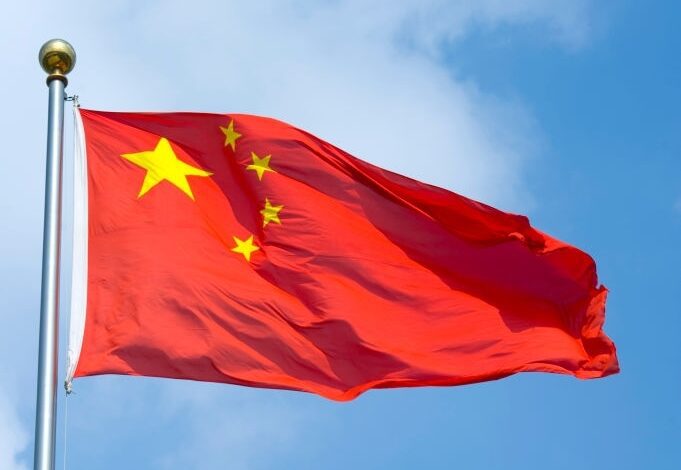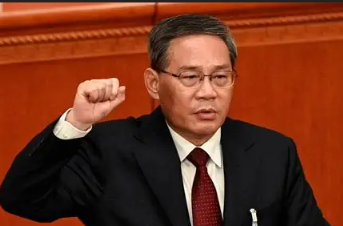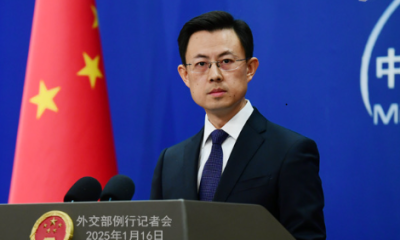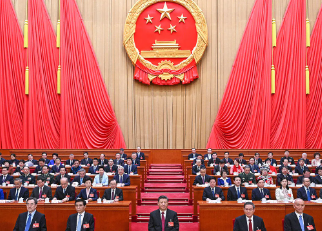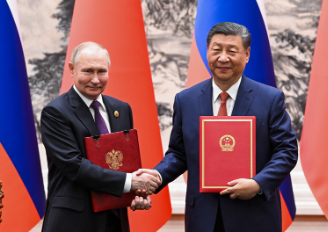By Patrick O. Okigbo III
Over the last 40 years, China moved 800 million people out of poverty. Have you ever wondered how Deng Xiaoping triggered such a feat? A significant factor was his “rejuvenation” of the Chinese Communist Party (CCP) by recruiting younger and more competent party members.
Deng came to power in 1980 following Mao’s death in 1976 and his outmanoeuvring of Hua Guofeng (Mao’s successor). However, he inherited a country prostrated by the disastrous “Cultural Revolution,” resulting in over 30 million deaths. In addition, the Chinese were psychologically defeated, including an entire “lost generation” with no formal education.
Deng resolved to reform the party as a prerequisite to restarting China’s economic growth. The CCP needed talent and youth; however, as of 1980, the average age of members of the Politburo Standing Committee, the Politburo, and the Secretariat were 70, 69.6, and 65.8 years respectively. Note that life expectancy in China was 68 years at the time.
The CCP needed “more revolutionary, younger, better educated, and more professional” members. Virtue, ability, and innovative reform spirit were the evaluation criteria. But the 40 million CCP members were poorly educated at the time. Only 4 percent had tertiary education, 13.8 percent had secondary education, 42.2 percent had primary education, and 10.1 percent were illiterate.
The CCP made a deliberate effort to lower its average age. Deng tasked a senior minister to lead ten work teams to search for middle-aged and younger recruits. Following a rigorous evaluation process, the team shortlisted 160 candidates. However, Deng rejected the list stating that the average age was still too high. As the group continued its work, by 1982, Deng retired the older cadre in the CCP to create room for the recruits. He leveraged his rising powers to quell all resistance to the programme.
By mid-1983, having lowered the average “Party Central” age, Deng extended the rejuvenation exercise to the provinces. In this case, he placed an age limit of 50 years and a university education. For the county and city levels, he dropped the age to 45 years.
Between January and August 1984, Deng dispatched 35 teams (600 members) to crisscross the country and select candidates for the “reserve cadre.” The teams interviewed each candidate (and 20 of their colleagues, superiors, and subordinates). The process yielded 632 recruits. In addition, the team selected 368 CCP members who met the requirements except for university education. This group received three years of “culture classes” in postsecondary institutions.
The above process created room for the post-Deng leaders, including Jiang Zemin, Li Peng, Xi Jinping, and others, to eventually rise to the top of the Politburo. This group brought the capacity (that comes from quality education and experience), energy and dynamism (that correlates with youth).
This capable group of Chinese leaders birthed the most remarkable economic miracle of the modern era. Through deliberate effort, the CCP moved the country from a per capita Gross Domestic Product of $195 in 1980 to $12,556 in 2021.
You see, development does not come by chance. It results from deliberate and informed planning, implemented by people with the capacity and commitment to drive through the reforms. What can Africa learn from the Chinese example while mindful that development does not result from “copy and paste?” Virtue, ability, and dynamism are always a good cocktail for development. Are there any African Dengs willing to give it a shot?
- Patrick O. Okigbo III is the Founding Partner at Nextier – a public policy advisory firm.
- Data presented in this essay are from:
Chan, A.L., (2022). *Xi Jinping: Political Career, Governance, and Leadership, 1953-2018*. Oxford University Press.

 Football5 days ago
Football5 days ago
 News5 days ago
News5 days ago
 Business1 week ago
Business1 week ago
 Football1 week ago
Football1 week ago
 Business1 week ago
Business1 week ago
 Latest6 days ago
Latest6 days ago
 Comments and Issues6 days ago
Comments and Issues6 days ago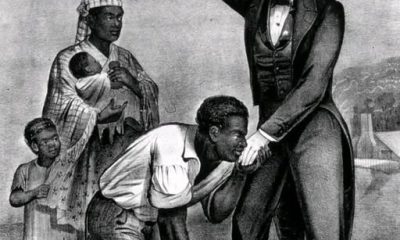
 Comments and Issues6 days ago
Comments and Issues6 days ago
